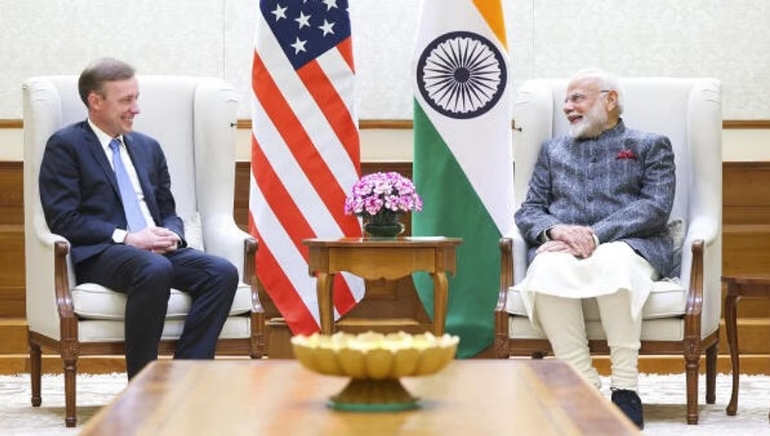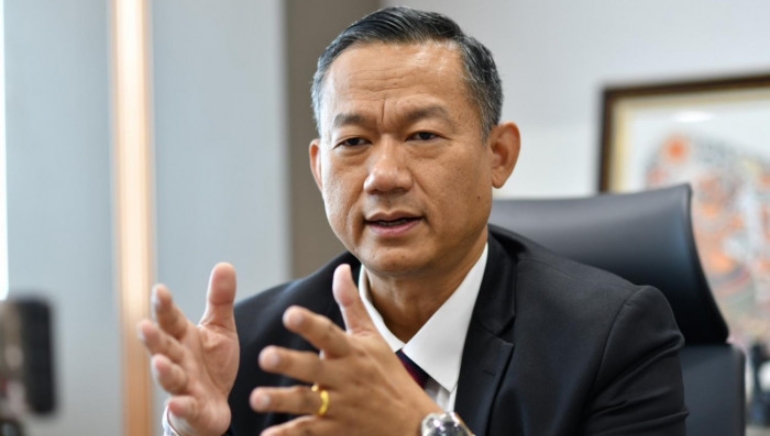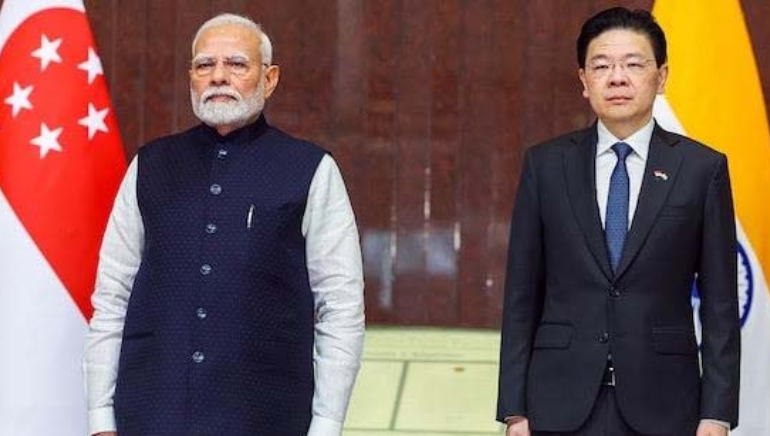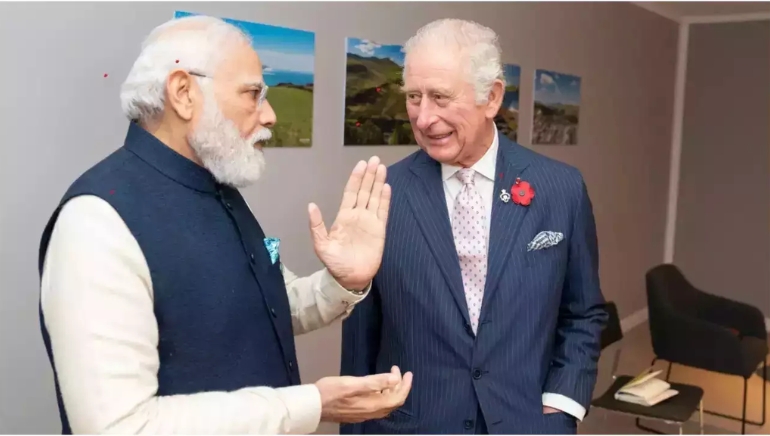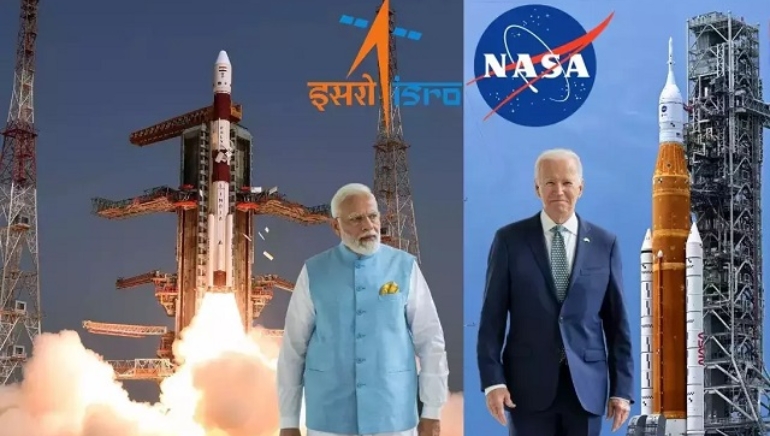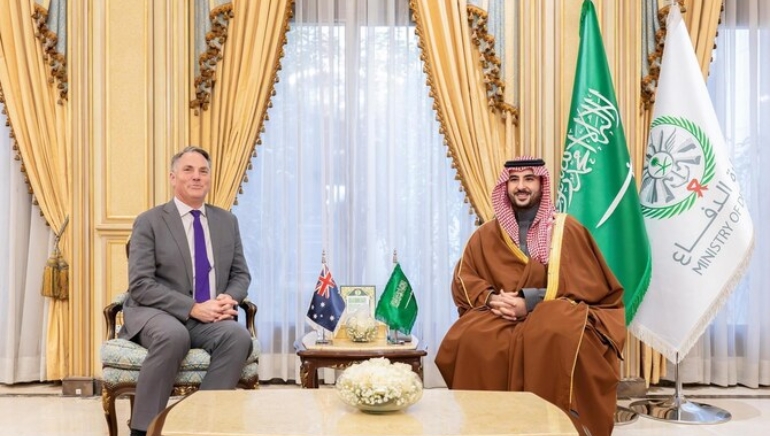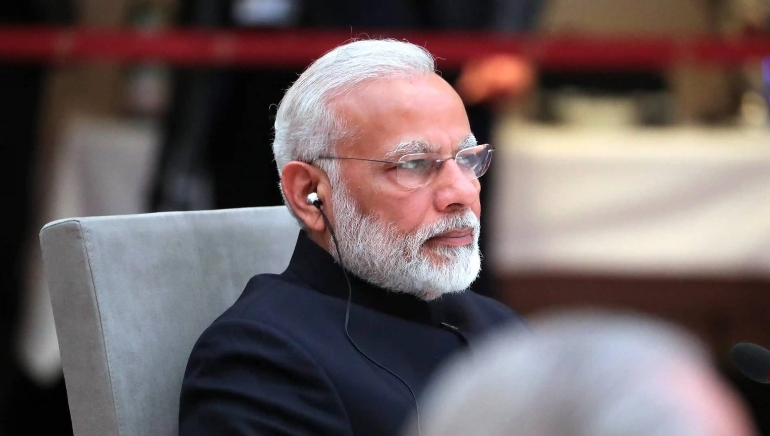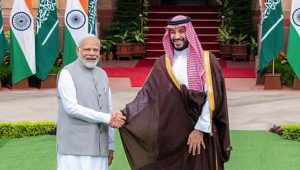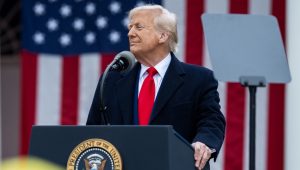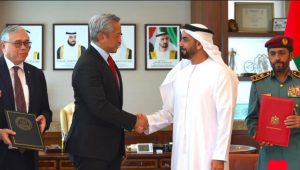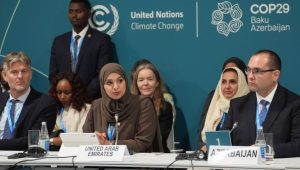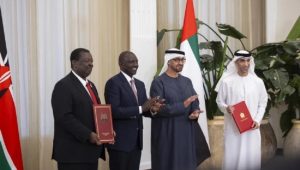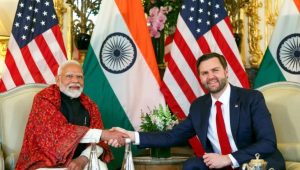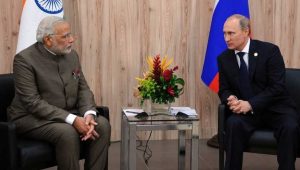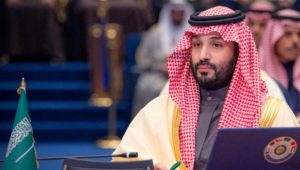The United States is finalizing steps to clear hurdles for a civil nuclear partnership with Indian firms, U.S. National Security Advisor Jake Sullivan announced on Monday. This move aims to reinvigorate a landmark deal between the two nations.
Since the mid-2000s, Washington and New Delhi have been discussing the supply of U.S. nuclear reactors to India, which is in need of more energy. A key obstacle has been India’s liability rules, which need to align with global norms. These norms require that any accident costs are borne by the operator, not the plant’s manufacturer.
The deal, initially signed by President George W. Bush in 2007, was a major step towards allowing the U.S. to sell civilian nuclear technology to India. Now, Sullivan says the U.S. is finalizing steps to remove regulations that have hindered this cooperation.
During his two-day visit to New Delhi, Sullivan will also discuss issues like Chinese upstream dams, artificial intelligence, space, military licensing, and economic overcapacity. In 2019, the U.S. and India agreed to build six nuclear power plants in India. However, India’s strict nuclear compensation laws have delayed its goal of adding 20,000 MW of nuclear power by 2030.





